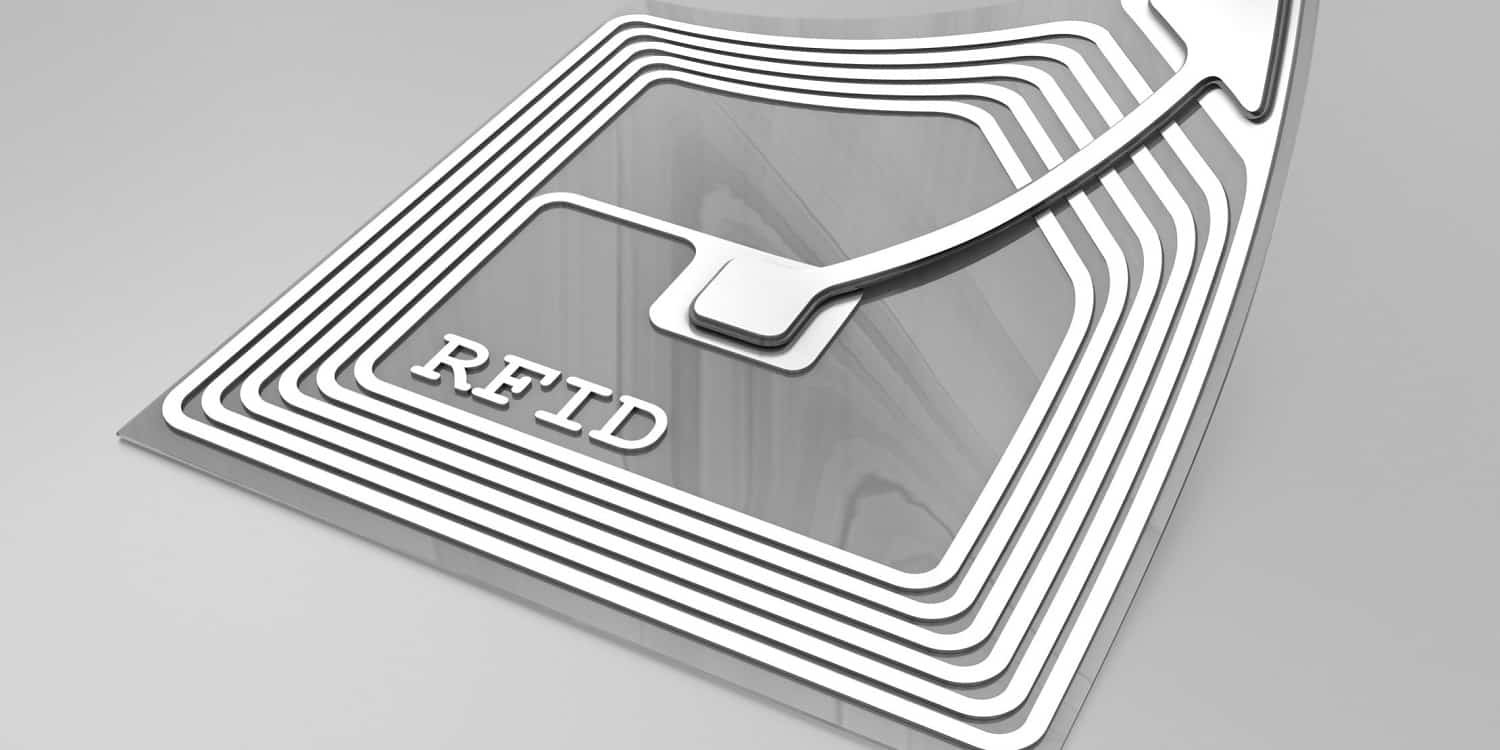Food producers and retailers are piloting a solution from Detego that utilizes RFID technology to gain insight into when fresh and perishable foods were packaged, shipped and sold. The aim is to reduce food waste and ensure an efficient supply chain and accurate shelf inventory levels, as well as enable faster and efficient recalls, according to a recent report in RFID Journal.
The solution employs cloud-based software from Detego, along with UHF RFID labels and readers from multiple technology vendors. It enables artificial intelligence (AI) and machine learning (ML) to enable better food management. The company has been developing its AI and ML applications as part of its software-as-a-service (SaaS) offering with its partnership with Microsoft FastTrack.
Several food makers and retailers have been piloting the technology in Europe and North America.One challenge for the food industry is difficulty in tracking high-value food items with fixed expiration dates. Detego, based in London, is working with food producers and retailers, including supermarkets, to address this and other challenges via the automated capture of data about products whose tags are interrogated at a factory, distribution centre (DC), store, etc.
By reading RFID tags as early as when they are applied at a production site, companies can store and access data about the production, packaging and shipping, as well as when those products reach the store. Retailers can use the data to ensure that, according to Umesh Cooduvalli, Detego’s VP of sales
At a typical food production site RFID tags are being applied to packages of products as soon as the packaging takes place. The tags are then read at two points: when the tags are attached (to confirm they are functioning) and again as the goods are packed for shipping.
As the nature of shopping has been changing, with food purchases often taking place online, the solution enables companies to offer e-commerce food purchasing and “buy online, pickup in store” (BOPIS) models for both food and apparel.
Manufacturers have a digital record to confirm and prove that a product has been shipped. That prevents mistakes and offers the retailer greater visibility about when products may be on their way.
Users typically employ a RFID handheld reader to read each tag when goods are received, then periodically when they are on store shelves. By interrogating tags on shelves or in coolers, operators can view an automated record of what will soon expire. They can then use the Detego software to launch other actions, such as notifying stores to discount a specific product and even enable retailers to send targeted advertising to regular customers via an app.
The pilot has found that users can reduce the labour cost of tracking expiration dates by 50%, Cooduvalli says, which improves staff productivity. The technology also reduces a store’s food waste by an average of 20%, he adds, and it is designed to serve as a solution for handling recalls.
The solutions that Detego is developing for AI through the FastTrack program include a feature called Money Mapping: companies can use RFID read data to understand which products are selling the fastest, where they are located in a store and in which stores they can be found, so that they can map out the sales that yield the most revenue. The system can enable large retailers to compare performance across two sites and create zones to track the rate of sales at each store. The software also provides replenishment advice, so which products have the highest conversion rate and where.







